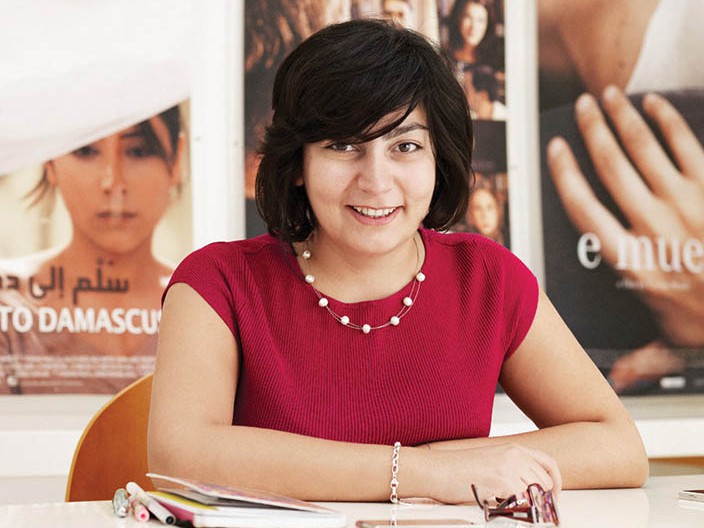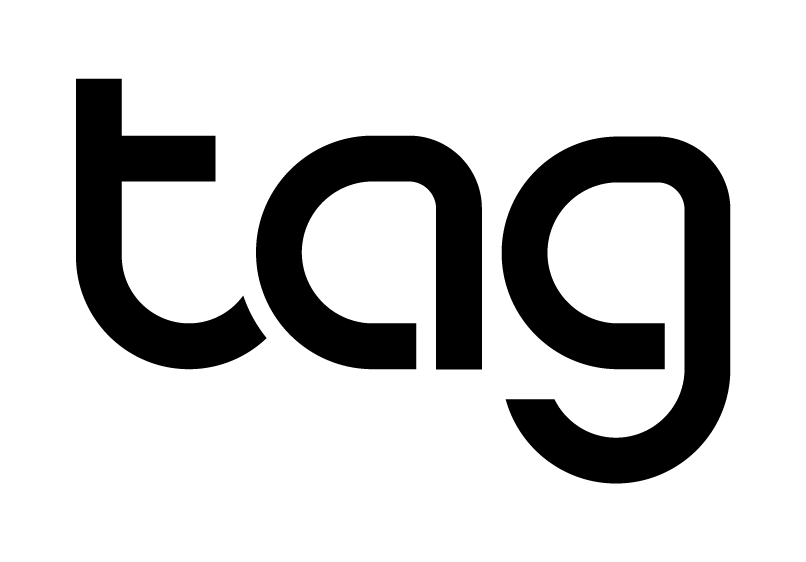Industry Talk
Cinema Production in Lebanon: Is Culture Melting Away in Consumerism?
by Christina Fakhry
April 30, 2015
.jpg) Advertisement
AdvertisementSigns of Evolution
Lebanese cinema had been on the rise over the past few years. “It’s been 10 years that we have been truly evolving,” Associate Producer at Beirut-based production company Abbout Productions Myriam Sassine told ArabAd. “Ten years ago there used to be like one or two [local] films per year but today you have at least 10 to 20 films between fiction and documentary.”
This is chiefly rooted in increased public exposure to local productions.
“There is much more awareness of cinema in the country today, as we have Lebanese movies that are topping the box office as well as more and more movie-related events,” Sassine explained.
The boom also extends to Arab cinema. “The whole Arab cinema is in boom as well and not just us here in Lebanon,” Sassine added. “For instance, Beirut Cinema Days (biennale Lebanese film festival) used to happen once every two years because there weren’t enough Arab movies to fill the selection but now they’re starting to make it once a year because many more films are being produced.”
Two main factors have contributed to the expansion of Arab cinema. On the one hand, more money is being invested in the industry and on the other hand, the political situation in the region has created more room for documentaries.
“There are more Arabic productions as Gulf film festivals are investing money in films and helping more and more,” Artistic Director of Beirut Cinema Days, Zeina Sfeir told ArabAd. “Today the budget is bigger especially in documentary; for example we had six Lebanese documentaries this year,” Sfeir added. “There was also much more participation from Syria, especially in the documentary genre, due to the war situation in Syria that is inspiring a lot of filmmakers.”
The Public Is Not Ready, Nor Is The Government
Despite the rising number of film productions in the region, important nuances seem to escape the Lebanese audience.
“We in Lebanon today have a huge issue with the public, there is a chunk of the public that got used to being unaware of the differences between film and telefilm,” Sfeir remarked. “They are being offered TV in theaters and they’re accepting it because we do not have [clearly-defined] cinema production.”
This commercial attitude to film is rendering the film audience to mere consumers. “We are huge consumers of series so they are basically getting the series and the telefilm and showing them in theaters and people are taking them in as cinema and thus thoughtful cinema no more has its place,” Sfeir added.
The thoughtful, however, does not eliminate the commercial as the two can coexist in many different film projects. “I don’t mean to say that films cannot be thoughtful and commercial at the same time, I am not making a distinction here, but we [the Lebanese audience] are unable how to differentiate between good cinema that is also commercial such as Nadine Labaki’s work and cinema that is just telefilm brought to theaters and the box office,” Sfeir explained.
The lack of discernment is susceptible to reflect in on Lebanese culture in general.
“When Beirut Cinema Days started in 2001 and 2002, the audience cared more about culture, today we are experiencing a cultural decline,” Sfeir noted. “I cannot deny that our theaters were full this year during the festival, a lot of people showed up. But compared with previous years, I think there is a problem.”
This can also be put in frame if we were to compare Lebanese festivals to other festivals in the region. “Today a city like Dubai screens five to six movies if not more simultaneously during film festivals and people would show up to all of those, while in Beirut you cannot operate two activities simultaneously because you are not sure people would attend, and we nonetheless consider ourselves to be a city of civilization and culture,” Sfeir added. “This is only an illusion we have about our city.”
However, Lebanon struggles much more than neighbouring Arab countries when it comes to government support.
“Lebanon is a bit different from other countries because other countries are being supported by their governments, while cinema in Lebanon is entirely based on individual initiatives,” Sassine observed. “Despite that, new movies are constantly coming out that are on the same level of other Arab productions and more far-reaching at times.”
But the presence of individual initiatives and NGOs does not eliminate the ever-present need for government backing. “This is a huge thing to do, we have to work on the public, this work is the responsibility of the government and the Ministry of Culture as NGOs cannot do the work alone,” Sfeir asserted.
Future Grounds
The above-noted lack of government support constitutes a huge concern for the future of cinema in Lebanon but hope remains strong nonetheless.
“In our situation there is nothing to ensure continuity, but until now things seem to be working out and people are demanding more Lebanese films,” Sassine noted.
“If I want to be positive I can say that film activity [in the country] has improved and cinema production is more active but what is most important is for us to be people who listen and accept constructive criticism because this makes cinema better and better,” Sfeir, who is also a university film instructor and director herself, observed.
However, a lot of work needs to be put into the Lebanese film industry. “Different factors come into play: we have to work on our films and talk about our films,” she added.
“For instance when I speak of telefilm today, some people may think I am insulting them and fail to realise that I am criticising things so that they could improve and not just criticise.”
And this work also extends to the Lebanese audience. “We should raise awareness on what is a film and what is a telefilm. Both have the right to exist but I think we should be working more on giving people something new that would allow them to think,” Sfeir said.
“It is true that [Lebanese] people are tired and want to have fun and it is okay to have fun but we should also work on making people reflect on important issues and culture make us more present and efficient in our society,” Sfeir added.
“At a time when fundamentalism and ignorance are hitting all aspects of our life and taking us back by many years, good thinking helps us, and good thinking starts with arts and culture including cinema, which helps us refine things and think better in a way.”
In addition to that, aspiring Lebanese filmmakers need to be aware of what to look for when making a film.
“First, I would advise them to watch lots of movies and second, to give a lot of importance to the scriptwriting process and not think that the first thing they write is the best they can attain because there are lots of movies out there; competition is really strong and eventually not everyone who makes a movie gets to show it [to the public],” Sassine noted.
“In Lebanon there is always a tendency for people to rush things,” she added. “I would thus recommend that they do not start unless they have really studied their scenario and seen what’s around them because, just like Lebanon, a lot of other small countries are trying to showcase themselves through their cinema so it’s really important for people to see what’s going on abroad.”




.jpg)










